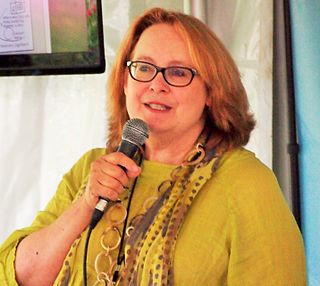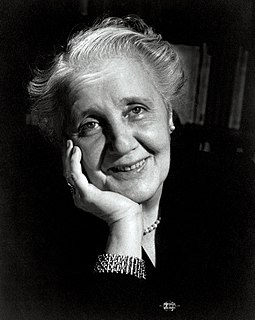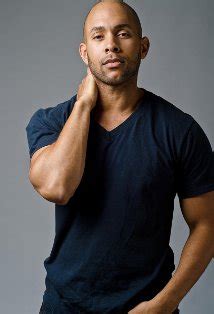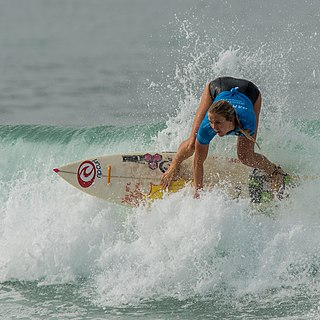A Quote by Jodi Picoult
I'm grateful for my children, who are slowly emerging to become their own wonderful, interesting, compassionate young adults - which makes me believe that along the way I must have done something right.
Related Quotes
Although we like to think of young children's lives as free of troubles, they are in fact filled with disappointment and frustration. Children wish for so much, but can arrange so little of their own lives, which are so often dominated by adults without sympathy for the children's priorities. That is why children have a much greater need for daydreams than adults do. And because their lives have been relatively limited they have a greater need for material from which to form daydreams.
As a children's author, you get to advocate for reading and writing in general, in a way an adult author might not be able to. It's a really interesting dance we do to get literature into the hands of young people and to help them to become literate and become readers; we want them to grow up reading and continue to do so when they're adults.
Although adults have a role to play in teaching social skills to children, it is often best that they play it unobtrusively. In particular, adults must guard against embarrassing unskilled children by correcting them too publicly and against labeling children as shy in ways that may lead the children to see themselves in just that way.
Children grow rapidly, forget the centuries-long embrace from their parents, which to them lasted but seconds. Children become adults, live far from their parents, live their own houses, learn ways of their own, suffer pain, grow old. Children curse their parents for their wrinkled skin and hoarse voices. Those now old children also want to stop time, but at another time. They want to freeze their own children at the center of time.
If I know the way home and am walking along it drunkenly, is it any less the right way because I am staggering from side to side! If it is not the right way, then show me another way; but if I stagger and lose the way, you must help me, you must keep me on the true path, just as I am ready to support you.
The question is grateful to who? You would think grateful to Allah, but Allah didn’t mention Himself. So it could be grateful to Allah, grateful to your parents, grateful to your teachers, grateful for your health, grateful to friends. Grateful to anyone who’s done anything for you. Grateful to your employer for giving you a job. Appreciative. Grateful is not just an act of saying Alhamdulilah. Grateful is an attitude, it’s a lifestyle, it’s a way of thinking. You’re constantly grateful.
Any object not interesting in itself may become interesting through becoming associated with an object in which an interest already exists. The two associated objects grow, as it were, together; the interesting portion sheds its quality over the whole; and thus things not interesting in their own right borrow an interest which becomes as real and as strong as that of any natively interesting thing.
I believe in God. Nobody made me believe; I don't think you can or should try to force someone to believe something. And even though my parents taught me stuff about God and read Bible stories to me from as early as I can remember... it was my choice to become a believer in Him. The way I see it, putting our faith in God is something that each person has to come to on his or her own. It's your own personal relationship with Him; a bond that's as unique as a fingerprint.
Adults look upon a child as something empty that is to be filled through their own efforts, as something inert and helpless for which they must do everything, as something lacking an inner guide and in constant need of inner direction. . . . An adult who acts in this way, even though he may be convinced that he is filled with zeal, love, and a spirit of sacrifice on behalf of his child, unconsciously suppresses the development of the child's own personality.
What is so nice & so unexpected about life is the way it improves as it goes along. I think you should impress this fact on your children because I think young people have an awful feeling that life is slipping past them & they must do something - catch something - they don't quite know what, whereas they've only got to wait & it all comes.



































